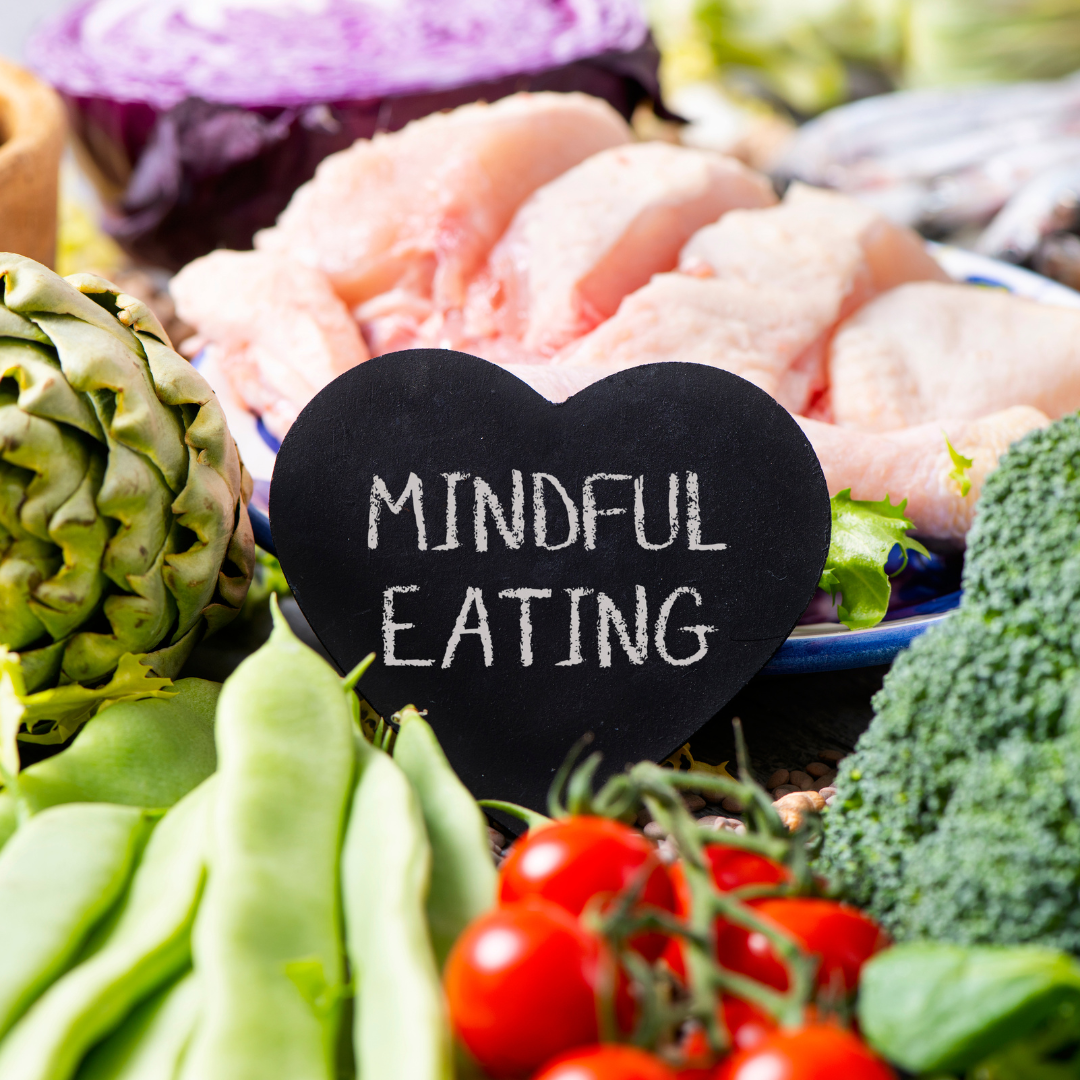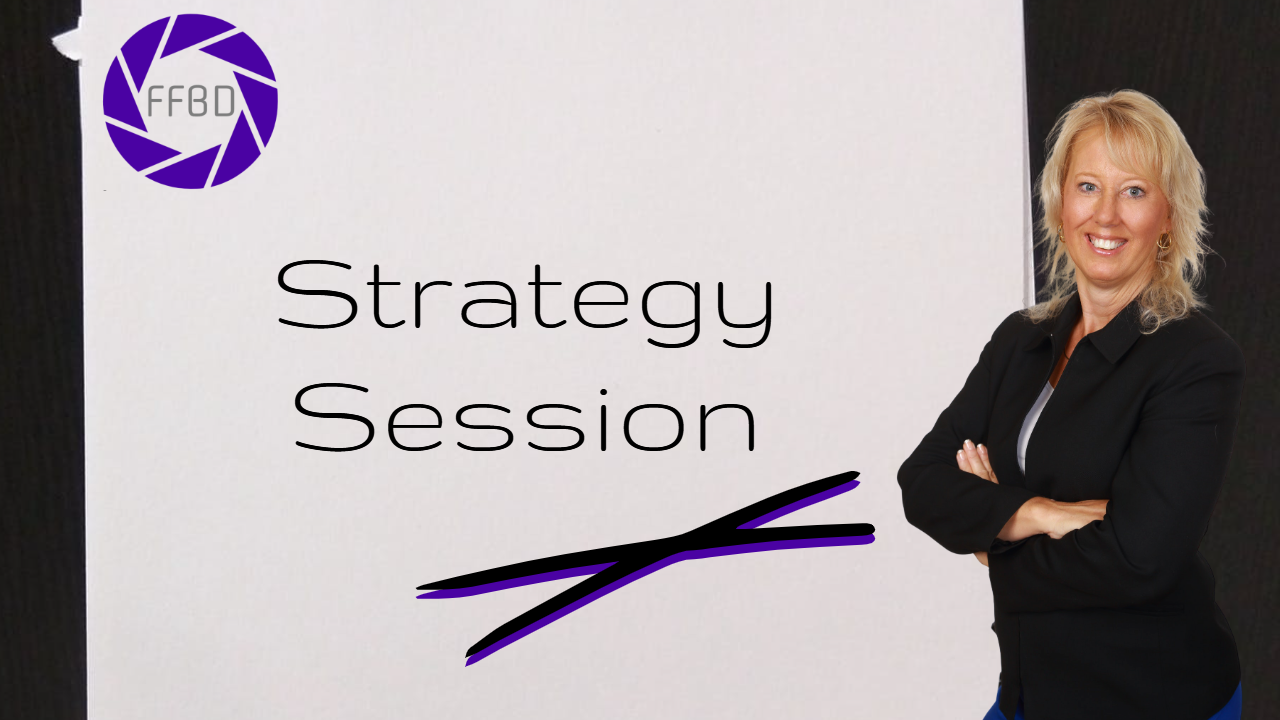Mindfulness and Stress Management - Discovering Harmony in a Hectic World
In today's fast-paced and demanding world, achieving balance often feels like an unattainable goal. The constant hustle and growing responsibilities can lead to overwhelming stress. However, amid this chaos, a potent tool can help us regain equilibrium: mindfulness. In this blog post, we will delve into the practice of mindfulness and its pivotal role in stress management. Hopefully, this exploration will provide valuable insights into finding balance in our busy lives.

Understanding Mindfulness
Mindfulness, deeply rooted in ancient Buddhist traditions, is often associated with the image of a Buddhist monk sitting in peaceful meditation. This practice revolves around being fully present and aware of the current moment, without judgment. It entails deliberately paying attention to our thoughts, emotions, physical sensations, and the world around us. By fostering a non-judgmental awareness, mindfulness empowers us to observe our experiences without becoming entangled in them.
The Benefits of Mindfulness
Research has demonstrated that integrating mindfulness into our lives yields numerous benefits, particularly in managing stress and enhancing overall well-being. By incorporating mindfulness into our daily routines, we can experience:
1. Reduced Stress: Mindfulness helps us detach from stress-inducing thoughts and worries, enabling us to respond more effectively to challenges. Through a non-reactive and non-judgmental mindset, we can mitigate the detrimental effects of stress on our mental and physical health.
2. Enhanced Emotional Regulation: Mindfulness allows us to observe our emotions without feeling overwhelmed by them. This heightened self-awareness helps us comprehend our emotional patterns, manage challenging emotions more effectively, and respond with greater clarity and compassion.
3. Improved Focus and Concentration: Regular mindfulness practice strengthens our ability to sustain attention and stay present in the moment. By training our minds to concentrate on the task at hand, we enhance our productivity and reduce mental clutter that contributes to stress.
4. Increased Resilience: Mindfulness equips us with the tools to navigate challenging situations with greater resilience. By cultivating inner calm and acceptance, we become more adept at bouncing back from setbacks and adapting to change.
5. Better Physical Health: Research suggests that mindfulness positively impacts physical health, leading to reduced blood pressure, improved sleep quality, and enhanced immune system function. By reducing stress and promoting relaxation, mindfulness supports our overall well-being.
Practical Strategies for Mindfulness
While not all of us can dedicate hours to meditation, there are practical ways to incorporate mindfulness into our busy lives:
1. Formal Meditation: Engaging in dedicated meditation practices, such as focused breathing or body scan meditation, deepens our mindfulness skills. Allocating specific times each day for meditation enables us to cultivate a regular practice and experience long-term benefits.
2. Mindful Breathing: Taking brief moments throughout the day to focus on our breath can instantly bring us into the present moment. Observing inhalation and exhalation without judgment anchors us in the here and now.
3. Mindful Eating: Paying attention to the sensory experience of eating, such as taste, texture, and aroma, allows us to fully savor our meals. This practice cultivates a healthier relationship with food and reduces mindless eating.
4. Mindful Movement: Engaging in activities like yoga, tai chi, or walking meditation connects us with our bodies and brings mindfulness into motion. Immersing ourselves in physical sensations and movements creates opportunities for relaxation and rejuvenation.
5. Mindful Technology Use: In our digital age, it's vital to be mindful of technology consumption. Setting boundaries, taking regular breaks from screens, and being fully present in social interactions can foster a healthier relationship with technology and prevent it from becoming a source of stress.
Strategies for Finding Balance
Mindfulness serves as a powerful tool for achieving balance in our hectic lives. By incorporating mindfulness practices into our daily routines, we can navigate the demands of a busy world with greater ease and equilibrium. Here are some additional strategies to help find balance:
1. Prioritize Self-Care: Carve out time for activities that nourish your mind, body, and soul, such as exercise, hobbies, or quality time with loved ones. Prioritizing self-care allows you to recharge and replenish your energy.
2. Create Boundaries: Establish boundaries around your time and energy. Learn to say no to excessive commitments that drain your resources. Set realistic expectations for yourself and others, allowing for periods of rest and rejuvenation.
3. Practice Time Management: Develop effective time management strategies to avoid feeling rushed or overwhelmed. Prioritize tasks, delegate when possible, and break larger tasks into manageable chunks.
4. Cultivate Gratitude: Reflect daily on the things you're grateful for. Gratitude practice shifts your focus from what's lacking to what's present in your life, fostering contentment and reducing stress.
5. Embrace Mindful Transitions: Incorporate moments of mindfulness into transitional periods throughout your day. Take deep breaths before starting a new task, pause during transitions between work and home, or use your commute for mindful awareness.
6. Engage in Mindful Listening: Practice active and mindful listening in your interactions. Give your full attention and listen without judgment or distraction. This strengthens relationships and enhances your presence.
7. Cultivate Mindful Communication: Be mindful of your words and their impact. Practice clear and compassionate communication, speaking consciously and actively listening. Mindful communication fosters understanding and minimizes conflicts.
8. Disconnect to Reconnect: Take breaks from technology to engage with the present moment. Turn off notifications, create tech-free zones, and be fully present in your surroundings.
In the whirlwind of our busy world, finding balance and managing stress is essential for well-being. Mindfulness offers a powerful tool to navigate these challenges and create equilibrium. By incorporating mindfulness practices into our lives and adopting strategies for balance, we can discover a greater sense of calm, clarity, and harmony amidst the chaos. Remember that finding balance is an ongoing journey, so embrace mindfulness as a continuous exploration, offering yourself grace and patience along the way. By cultivating mindfulness and integrating it into your daily life, you can uncover a profound sense of balance in this beautiful and busy world. Take a deep breath, embrace the present moment, and embark on the path to discovering harmony.
When you are ready to take your mindfulness to the next level or just try out coaching with Leigh, click the below to sign up for a complimentary Strategy Session today.
Want to learn more about Focus Forward?


